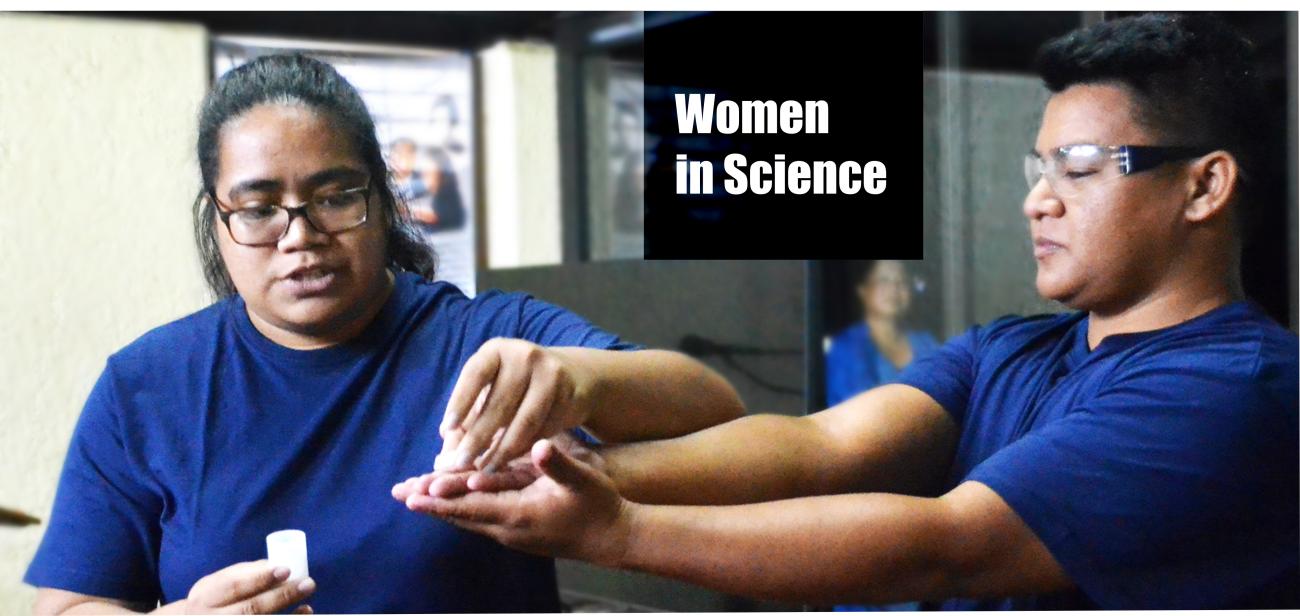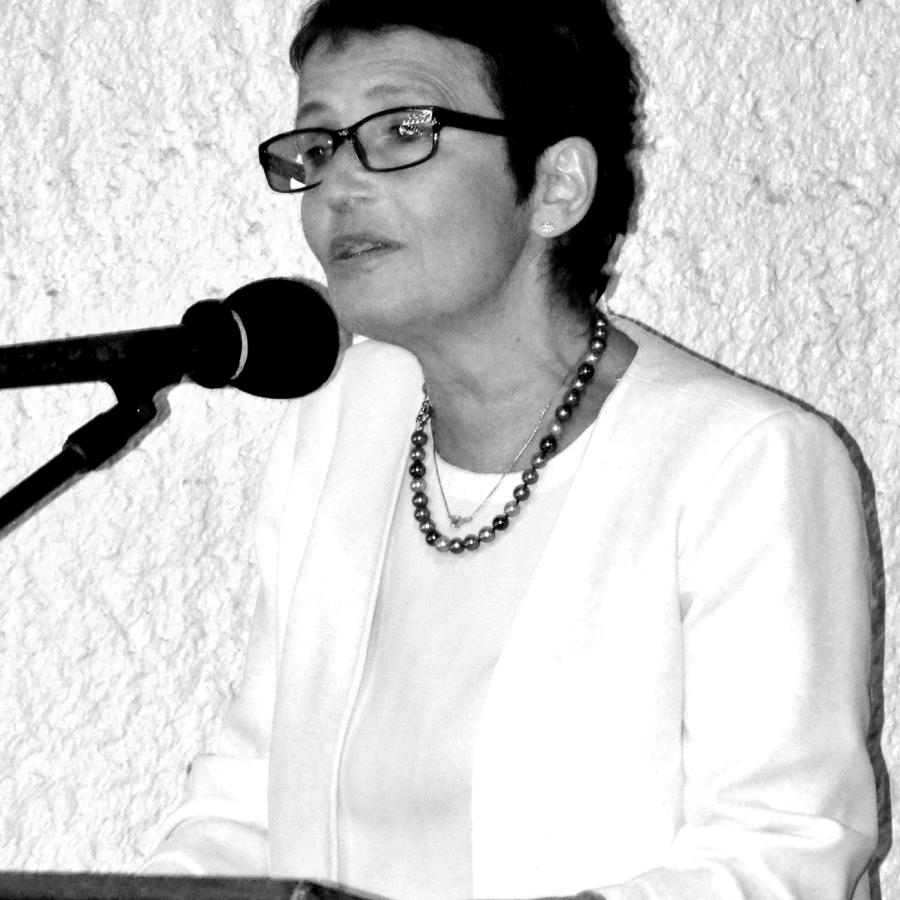No country can afford to waste half of its talent

Promoting women’s role in science, technology, engineering and mathematics (STEM)
The head of the United Nations in Samoa has called for more women’s participation in STEM – and warned that gender stereotypes are still discouraging women from succeeding in these fields.
“Science is a powerful tool to create solutions for issues such as poverty, health, climate change, water and energy resources,” said Simona Marinescu, UN Resident Coordinator for Samoa, at a recent event held in Apia to mark the International Day of Women and Girls in Science. “However, the truth is, there are not enough women or girls in science.”
“Sustainable development requires stronger science and more scientists. No country can afford to waste the talent of half of its population. The under-representation of women in STEM translates into the loss of a critical mass of talent, thoughts and ideas, which hinders countries from reaching their maximum potential.”
Gender equality and access to science are both recognized as human rights in the Universal Declaration of Human Rights. However, UNESCO research shows that only 33 percent of scientific researchers are women, even though they represent 45 and 55 percent of Bachelor’s and Master’s students respectively. In Asia and the Pacific, that figure is even lower - with only 23 percent of researchers being women. Women are also less likely to hold senior authorship positions, make up small minorities of senior staff positions at universities and get paid less than their male counterparts.
Only 25 women have been awarded Nobel prizes in physiology, medicine, chemistry, physics, or economic sciences. This is just 3.5 percent of all Nobel awards in these categories.
UNESCO, says that there are multiple barriers to increasing the number of women scientists, including gender gaps in the ownership and the use of technology products, a lack of gender equality and women’s empowerment in the workplace, and barriers to women returning to their respective fields after maternity leave.
“Here in Samoa – as in most of the world – girls achieve just as well as boys when they take science based subjects,” said Marinescu. “But gender stereotypes discourage women from succeeding in this field. We need to break these stereotypes, expose young women to role models in science sectors. Promoting the participation of women and girls in science means changing mindsets and the biases that limit girls’ passions, expectations and professional goals.”
The International Day of Women and Girls in Science is held every year. Marinescu used this year’s event to honour some Samoan women scientists, mentioning a few by name – including Dr. Patila Malua-Amosa, Dean of the Faculty of Science at the National University of Samoa; Dr. Seeseei Molimau-Samasoni, one of three scientists in Samoa leading the fight against COVID-19 and African Swine Fever; and Frances Reupena-Pogi, CEO of the Ministry Natural Resources and Environment.
Through UNESCO and UN Women, the UN plays a key role in promoting women and girls in and for science, helping countries to identify gender gaps, devise policies to reduce these gaps, and measure their progress towards gender equality.
For example, in Samoa, UNESCO provides curricula support for STEM - from school to higher education - with specific attention to women.
In 2019 the UN helped organize a meeting of more than 24 Samoan women in STEM to discuss their challenges, gaps and opportunities. They reported that some of the challenges they faced included poor STEM education in Samoa, a lack of science educators and technology and limited creative solutions to teach science. Another concern was the fact that some parents believe STEM is not seen as a career pathway for girls.
However, in Samoa, the number of girls taking science subjects has increased significantly in the past five years. In 2018, there were more girls than boys studying biology and physics for the Samoa Secondary Leaving Certificate. Pass rates were similar across all the sciences.













